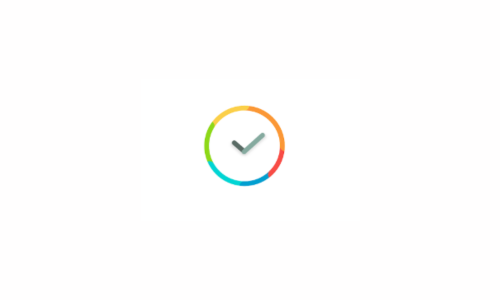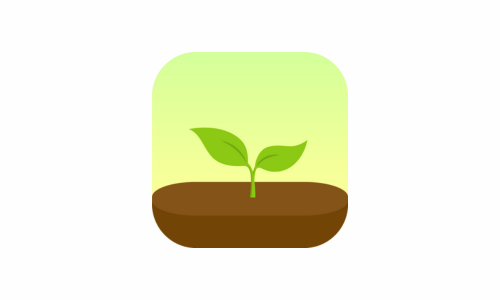Well-being
Less screen, more life: Practical tips on how to reduce screen time
Discover how to reduce screen time with simple tips to avoid distractions, improve productivity and enjoy life offline more!
Advertisement
Recover your time and quality of life with simple strategies to disconnect, focus on what really matters and live with more balance!
We live in an increasingly digital world, and knowing how to reduce screen time has become essential to maintaining a balance between productivity and well-being.
Thus, several studies indicate that excessive use of devices can affect mental health, sleep quality and even personal relationships.
Therefore, in this article we have brought you practical and easy-to-apply tips to reduce screen time and transform your routine!
Tips to reduce cell phone use
Cell phones make our lives easier, but excessive use can be harmful. Therefore, learning how to avoid cell phone addiction is essential to maintaining balance and well-being.
1. Use time tracking apps and control your cell phone usage
Opal: Smart Lock for Maximum Focus
Opal is an advanced app that helps you stay focused by blocking distracting apps like social media and messengers during specific periods.
Thus, it allows you to schedule “deep work” sessions, where the user cannot access certain apps, encouraging healthier habits.
With the “Focus Mode” function, Opal sends motivational notifications and tracks your progress, providing detailed reports on your performance.
StayFree: Accurate Monitoring and Personalized Alerts
StayFree is one of the most complete applications for those who want to understand and control their cell phone use.
This way, the app provides detailed statistics, such as time spent on each app, frequency of unlocking and usage patterns throughout the day.
Additionally, the user can set daily limits for specific apps and receive alerts when they are about to exceed them.
This detailed monitoring allows you to identify the main villains of screen time, helping you to implement conscious and effective changes.
Forest: Gamification to create healthy habits
Forest is an innovative app that uses gamification to encourage focus and reduce screen time.
Whenever the user wants to focus on a task, he “plants” a virtual tree, which grows while the cell phone is not used.
So, if the user leaves the app before the stipulated time, the tree dies, creating a strong visual incentive to maintain the commitment.
With this approach, Forest turns focus into something rewarding, even allowing users to plant real trees in partnership with environmental projects.
2. Establish areas of the house without electronic devices
Creating technology-free spaces at home is an essential step toward reducing distractions and strengthening real connections.
Therefore, by delimiting screen-free environments, you encourage moments of rest and genuine interaction with the family.
Start by defining strategic areas, such as the bedroom and dining table, where cell phones and tablets are not welcome.
This simple change improves the quality of your sleep, avoids constant interruptions and turns meals into more meaningful experiences.
In addition to improving concentration, this strategy helps to cultivate healthier and more balanced habits.
3. Disable unnecessary notifications
Constant notifications interrupt concentration and encourage excessive cell phone use.
Therefore, silencing social media and email alerts can bring more focus and tranquility, as well as providing more peace of mind, reducing anxiety.
If you want to learn how to reduce screen time, start by limiting notifications to only what's essential.
This way, with fewer distractions, you can make better use of your time and increase productivity, reducing the feeling of urgency that receiving too many notifications ends up causing.
4. Engage in offline activities
Rediscovering hobbies away from the screen is a great way to balance your routine. Reading, cooking, playing sports or learning something new keeps your mind active.
Spending more time outdoors reduces stress and improves well-being. Simply seeking to relax without devices is a habit that brings immediate benefits.
If you're looking to reduce screen time, replacing your cell phone with manual activities or face-to-face meetings can transform your routine and strengthen real connections.
What does neuroscience say about the effects of screens on the brain?
Science has shown that excessive screen use profoundly affects brain function, impacting attention, sleep and even stress levels.
1. Using screens before bed harms your sleep
- According to Harvard Medical School, the blue light emitted by cell phones and tablets reduces the production of melatonin, making it difficult to sleep deeply.
- Consequently, poor sleep affects mood, memory and decision-making ability the next day.
- Ideally, you should avoid screens at least an hour before going to bed for a more restful night's sleep.
2. Checking your phone when you wake up can increase stress
- Stanford neuroscientist Andrew Huberman explains that immediate exposure to screens raises cortisol levels, making the brain more anxious early in the day.
- Therefore, starting the morning with social media or emails overloads the nervous system, making the day more hectic and less productive.
- Instead, it is recommended to start the day with natural light, hydration and screen-free activities for a more balanced awakening.
3. Excessive screen time reduces the ability to concentrate
- Research from the Max Planck Institute shows that long periods in front of screens reduce connectivity between areas of the brain responsible for attention and critical thinking.
- This can lead to difficulty focusing, increased impulsivity, and decreased information retention.
- Taking technology breaks and reducing digital distractions improves productivity and mental clarity.
4. Reducing screen time improves mental health and well-being
- Small changes, like avoiding screens before bed and when you wake up, can significantly improve your mood, emotional control, and energy throughout the day.
- Creating screen-free hours and replacing phone time with offline activities can help your brain recover from excessive digital stimulation.
Discover the running apps that will get you off the couch and take you to 5KM in 8 weeks!
Want to start running but don’t know where to start? Staying motivated and tracking your progress can be challenging without the right tools.
Without proper planning, it’s easy to lose your rhythm or not progress as fast as you want. Plus, running without a coach can increase your risk of injury.
The good news is that there are running apps that help you create personalized workouts, track your performance, and keep your motivation high!
Trending Topics
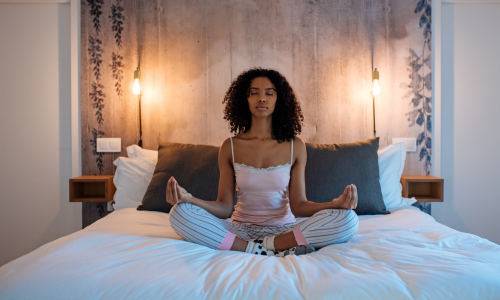
Meditation Apps: Relax Anywhere!
Discover how meditation apps can help relieve stress, improve sleep, and promote emotional balance.
Keep Reading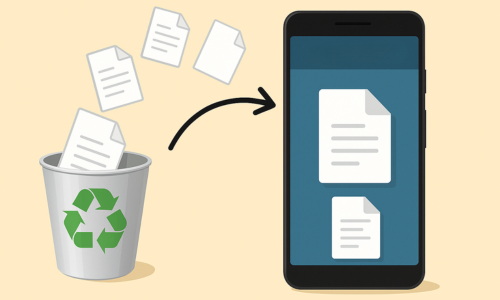
Step by step guide to recover deleted files from your cell phone
It is possible to recover deleted files from your cell phone with apps! Understand how they work and which tools really help.
Keep Reading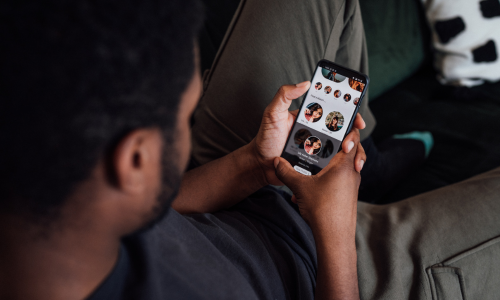
Perfect match in #{city}: The dating apps everyone is using
Discover the dating apps everyone is using to create real, casual connections and meet new people!
Keep ReadingYou may also like

We tested the best apps to recover deleted photos
We tested the best apps for recovering deleted photos and revealed which ones actually work on Android and iPhone. See the results!
Keep Reading
Best Running Apps: Accelerate Your Progress
Discover the best running apps to boost your workouts, track your progress and reach your goals faster!
Keep Reading
Easy Guide to Recover Deleted Photos
The good news is that technology is on your side, and now it's easier than ever to recover those lost photos.
Keep Reading
